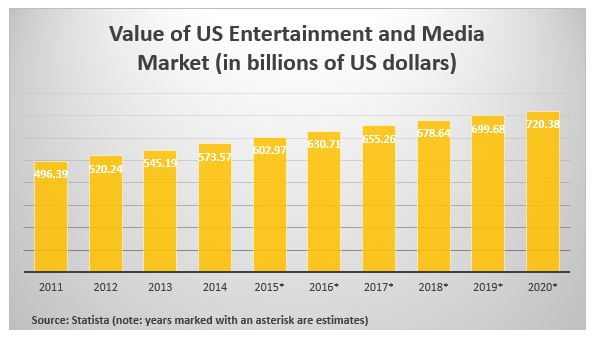A2102 Insights
Explore the latest trends and news on technology, lifestyle, and more.
Streaming Wars and the Rise of Couch Potatoes
Dive into the Streaming Wars and discover how binge-watching turned us into couch potatoes—uncover the secrets behind the screens!
Exploring the Streaming Wars: How Platforms are Competing for Your Attention
The rise of streaming platforms has revolutionized the way we consume media, giving us virtually limitless choices at our fingertips. As more players enter the market, including giants like Netflix, Disney+, and HBO Max, the competition intensifies, sparking what many are calling the Streaming Wars. Each platform is vying for your attention through a unique blend of exclusive content, pricing strategies, and user engagement tactics. From binge-worthy original series to blockbuster films, these platforms aim to create a compelling library that keeps viewers hooked. Content exclusivity is a key strategy, with many platforms investing heavily in original programming and securing rights to popular shows.
As the landscape continues to evolve, we see platforms becoming more innovative in their approaches. For instance, some are introducing tiered pricing structures or ad-supported models to attract a wider audience. Additionally, personalized recommendations and user-friendly interfaces have become essential as they enhance the viewing experience. The Streaming Wars ultimately come down to one primary element: capturing consumer attention. With so many options available, viewers are often left feeling overwhelmed, making it crucial for platforms to build brand loyalty through quality content and engaging features. As we move forward into this competitive landscape, understanding how these platforms differentiate themselves will be key to navigating the future of entertainment.

Couch Potatoes Unite: The Impact of Streaming on Binge-Watching Culture
The rise of streaming services has fundamentally transformed the way we consume television, giving birth to a binge-watching culture that has captivated audiences worldwide. Gone are the days of waiting a week for the next episode; now, viewers can immerse themselves in entire seasons at their own pace. This phenomenon has redefined entertainment habits, leading many to embrace the label of 'couch potatoes' as they indulge in marathon sessions of their favorite series. The ease of access and curated content recommendations have made it effortless for audiences to get hooked on multiple shows, creating a cycle where watching one episode leads to watching several more in a single sitting.
However, the impact of streaming on binge-watching culture extends beyond mere entertainment. Today's viewers often engage in communal experiences, discussing plot twists and character arcs with friends and family, whether in person or through social media platforms. Yet, this shift raises critical questions about consumption habits and the potential for decreased attention spans. As we dive deeper into this new era of content consumption, it's essential to consider how this cultural change will influence not just individual viewing habits, but also the future of storytelling in television and film.
Streaming Wars: Is Cable TV Facing Extinction?
The rise of streaming services has triggered a seismic shift in the way audiences consume content, leading many to speculate whether Cable TV is on the brink of extinction. With platforms like Netflix, Hulu, Amazon Prime, and Disney+ dominating the market, traditional cable providers are struggling to maintain their subscriber bases. According to recent statistics, more households are cutting the cord each year, opting instead for the flexibility and affordability that streaming offers. This revolutionary change not only allows viewers to watch what they want, when they want, but also often without the burden of costly contracts and equipment rentals.
Moreover, the ongoing proliferation of original content from streaming giants has intensified the Streaming Wars, forcing cable networks to reevaluate their strategies. As exclusive shows and movies become the norm, cable television struggles to compete, often relying on outdated business models. As a result, major players in the cable industry are making significant changes, including offering their own streaming packages in an attempt to capture a slice of the ever-growing pie. With such drastic transformations, many industry experts believe that the question is no longer if Cable TV will face extinction, but rather when.